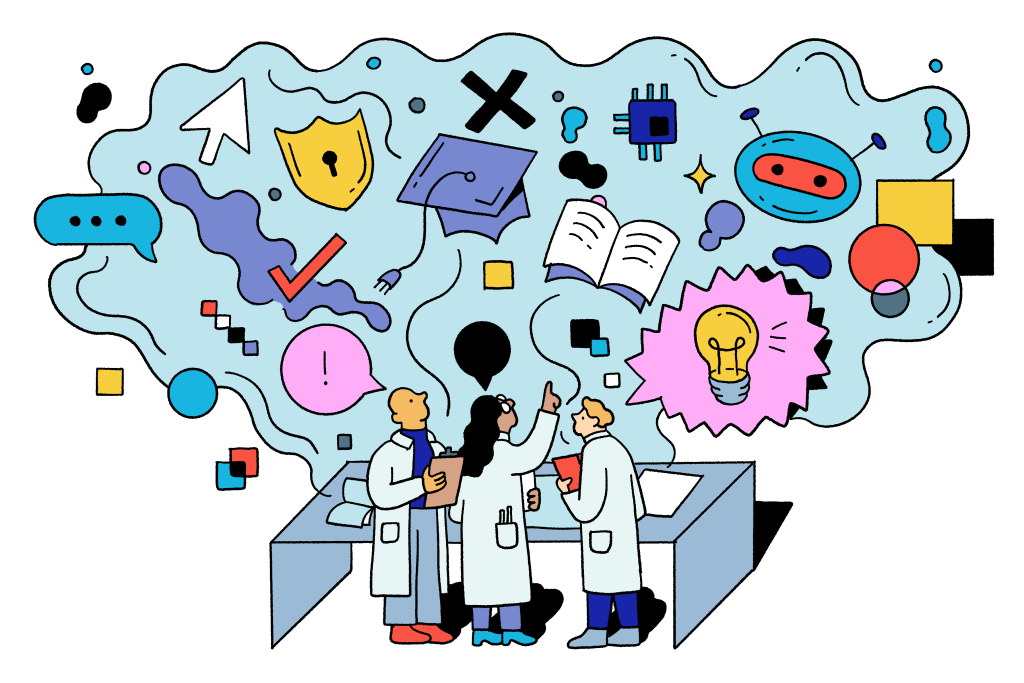Experts Warn: Education Must Adapt for Student-Athletes in the Age of AI

Traditional education systems, designed for a time when factory work was prevalent, are struggling to meet the needs of today’s students. This is especially true for student-athletes, who juggle the demands of their sports careers with academic responsibilities. In a world where AI tools can summarize chapters in seconds, the old model of timed tests and rigid curriculums doesn’t cut it anymore. Adding to this, one in seven adolescents globally experiences a mental disorder, highlighting how the pressure of outdated systems is affecting modern learners.
Yong Zhao from the University of Kansas and RuoJun Zhong from YEE Education emphasize in their June 2025 paper that education must evolve from a competitive, meritocratic structure to one that fosters teamwork and creative collaboration—qualities that are crucial for both student-athletes and those entering the workforce. The authors argue that schools need to focus more on student well-being, collaboration, and creative problem-solving, rather than just individual performance.
Why the Current Education System Isn’t Enough for Student-Athletes
“Meritocracy turns education into a race,” Zhao and Zhong explain, pointing out that it can mask how much advantage wealth, networks, and geography give certain students. For student-athletes, this pressure is compounded by the physical demands of their sport, leaving many feeling overburdened by the system. Additionally, the focus on competition and performance can lead to burnout, with anxiety on the rise among students, including student-athletes.
However, the shift towards teamwork in modern industries, including sports, suggests that success shouldn’t just be about individual achievement but about working with others to reach shared goals. “Excellence in the age of interdependence is not about being better than others. It is about becoming better with others.” For student-athletes, this shift means that the collaborative skills developed in team sports can be just as important as academic performance in preparing for future careers.
Redefining Success for Student-Athletes: Focus on Strengths and Teamwork
Instead of following a one-size-fits-all educational model, Zhao and Zhong advocate for an approach that allows each student-athlete to pursue their unique strengths and interests. For student-athletes, this could mean learning through real-world projects, mixed-age learning environments, and assessments that focus on how much they contribute to their communities or teams.
For student-athletes, success shouldn’t only be measured by grades and sports statistics but by the growth they achieve in their personal and athletic development. By focusing on projects that matter to them, whether in sports or in community engagement, student-athletes can find greater motivation and purpose in their learning. This approach helps them connect the skills learned in the classroom and on the field to real-world applications, ultimately preparing them for careers after their athletic careers end.
Skills Over Degrees: The Changing Job Market for Student-Athletes
The evolving job market shows that employers are increasingly focusing on skills rather than formal degrees. In fact, over half of U.S. job postings in 2024 no longer require a four-year degree. For student-athletes, this means that skills like leadership, teamwork, and adaptability, honed through their sports careers, are just as valuable as academic credentials. States like Massachusetts and Minnesota have already removed degree requirements for many public sector jobs, demonstrating that skills-based hiring is the way forward.
For student-athletes, this shift is critical, as the ability to balance rigorous training schedules with academics demonstrates a high level of time management, discipline, and resilience—skills that employers highly value. As the demand for cognitive diversity grows, teams with a mix of backgrounds and skills are outperforming more uniform groups, giving student-athletes an edge in both sports and the workplace.
Preparing Student-Athletes for the Future: A Focus on Collaboration and Empathy
Zhao and Zhong propose that the role of educators should evolve from mere instructors to coaches who help students—particularly student-athletes—work on real-world problems. The goal is to focus on collaboration, creativity, and empathy. For student-athletes, this means learning to work together both in their teams and in their academic pursuits.
By reducing high-stakes testing and allowing more opportunities for hands-on learning, education systems can create a learning environment that fosters teamwork and empathy, skills that are just as essential for success in sports and post-athletic careers. Student-athletes who are taught to collaborate, think creatively, and empathize with others will be better prepared for life after sports, whether they transition to business, coaching, or any other field.
In the end, Zhao and Zhong’s vision for education is one where the focus is on preparing student-athletes to work together in a world where interdependence is valued more than individual performance. By embracing this new approach, student-athletes can be better equipped for both their athletic careers and their future in the workforce.

